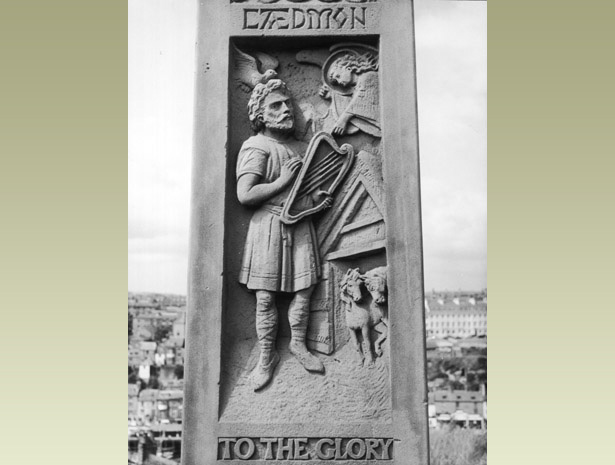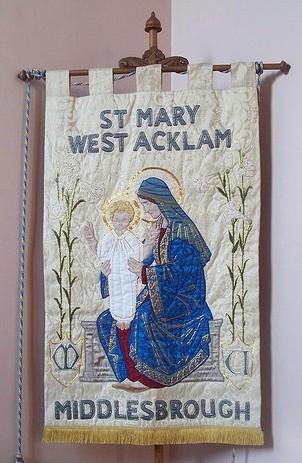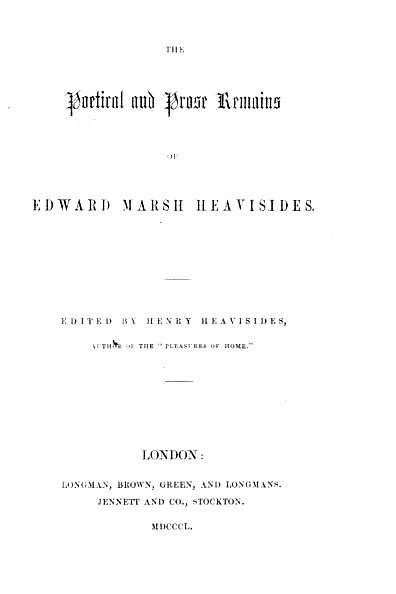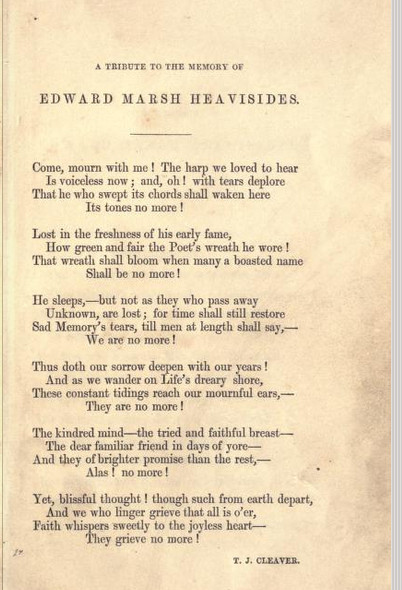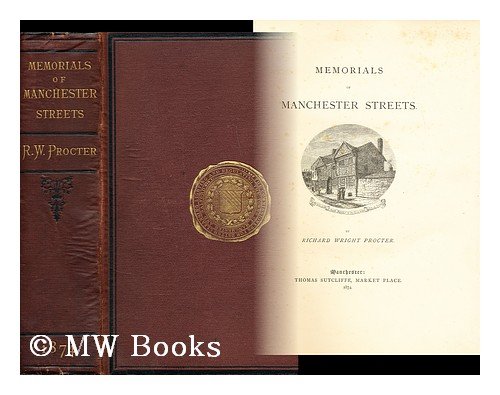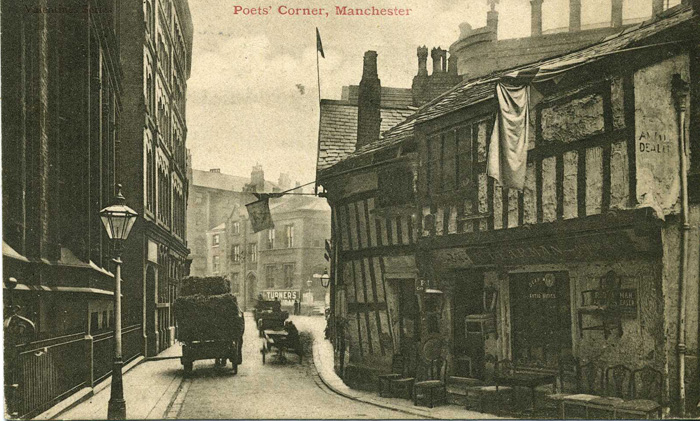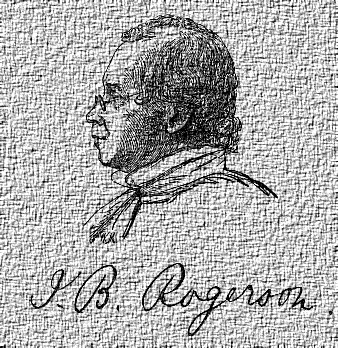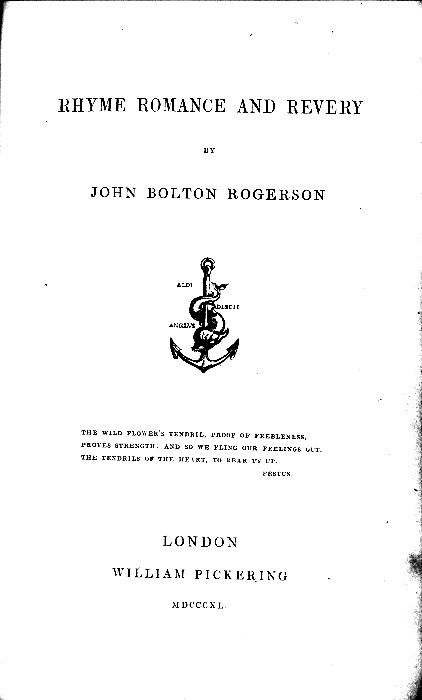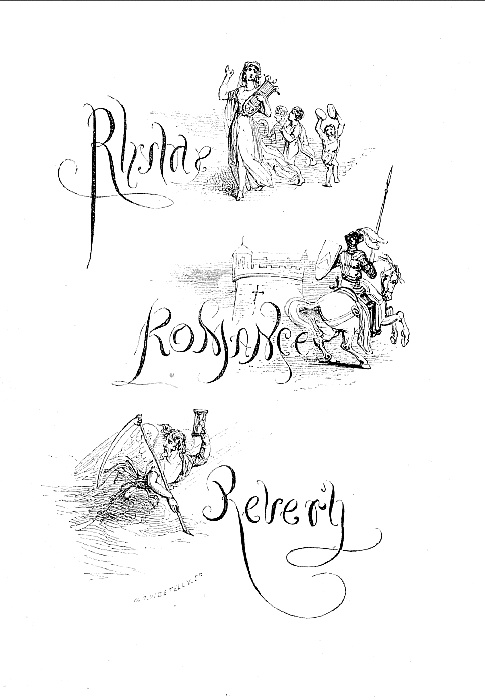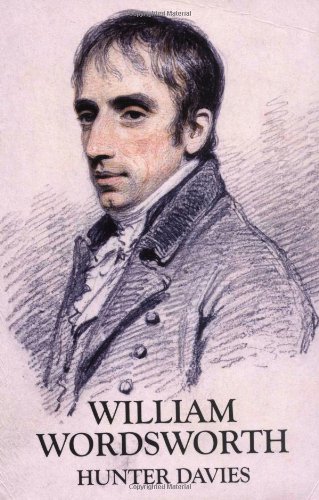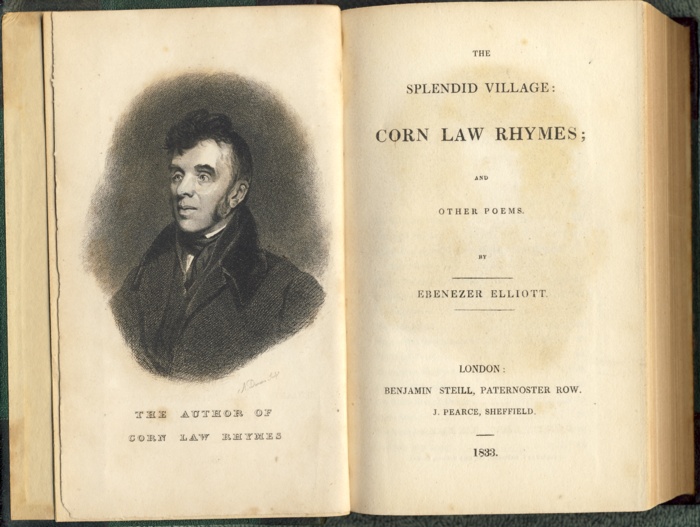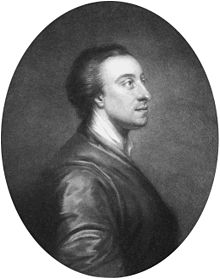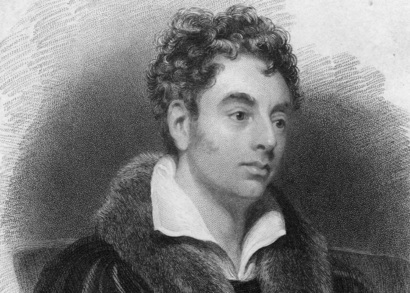Ebenezer Elliot.
(Sonnets I. & II., first published Dec. 15th 1849, were written on
hearing of the Death of my esteemed Literary Correspondent, who I
was to have visited in his “Den,” as he humorously called his retired
abode at Hargitt Hill. Born at Masborough, March 17th, 1781; resided
for the greater part of his long and useful Life at Sheffield; and Died
at Hargitt Hill, near Great Houghton, Dec. 1st, 1849.)
I
And he is dead!—the Bard who sweetly sung,
In stirring strains, the wrongs of bread-tax’d men;
And for the rights of Labour used his pen
Unceasingly. Few lyres have louder rung
For equal rights, and equal laws for all: 5
A million hearts obey’d his patriot-call,
A million tongues have echoed all its strains;
And whilst one wrong remains to be redress’d,
Whilst man by fellow-man is still oppress’d,
Yea, whilst one word of SHAKSPEAR’s tongue remains, 10
Will ELLIOT be adored. Much was he bless’d
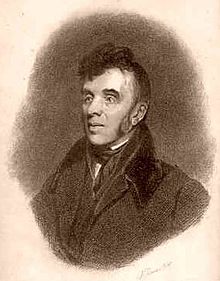 With that calm spirit which on hills and plains,
With that calm spirit which on hills and plains,
By brooks, in woods, field-paths, or rustic lanes,
From Mammon’s gyves the Poet’s soul unchains.
II
But he is dead—all of him that can die! 15
For the true poet liveth on for aye:
Of ELLIOT but the body can decay;
His well-tried soul has now soar’d up on high.
To swell the choir of angel-harmony,
And yet his spirit will on earth remain, 20
And down the stream of Time his songs be borne,
To cheer the weak, to solace those in pain,
To teach the patriot he ne’er toils in vain,
Though tyrants for a time may bind the world!
For Freedom will her long-lost rights regain, 25
And Tyranny to ruin swift be furl’d.
Class-legislator, partial magistrate,
Ye were the objects of his sternest hate.
III
Thy who are truest heroes in the strife
For Liberty, are the most meek of men 30
When peace prevails: and ELLIOT’s powerful pen
Loves to depict all gentle scenes of life,
And soothe the soul as much as rouse its ire.
Dearly he doted on wildflowers and birds;
Deftly his well-skill’d hand swept the sweet chords, 35
Bringing true music from his noble lyre,
E’en when the hand of Death had gripp’d him hard,
And his brave life was near upon its close
On earth for ever, at his window rose
The robin’s much-loved song; ’t was then the Bard 40
Trill’d his last lay, by loving hand writ down,
And in a little time his soul to heaven had flown.
George Markham Tweddell
The excellent Ebenezer Elliott site well worth a visit with biography and his poems http://www.judandk.force9.co.uk/elly.htm
They say of Tweddell’s tribute
“Tweddell sums up the Corn Law Rhymer very well in the first two sonnets which make an excellent tribute to the Rabble’s Poet. The third sonnet refers to the touching poem about a robin which Elliott composed on his death bed: “Last Lines” was dictated to his daughter, Fanny Ann.”
And also a page about the links between Ebenezer Elliott ( The Corn Law Rhymer & Poet of the Poor) and George Markham Tweddell. http://www.judandk.force9.co.uk/Tweddell.html
“A further verse was written by George Tweddell about Elliott or more accurately about one of his poems. One of Elliott’s most successful poems is “To The Bramble Flower,” a simple nature poem, well observed but free from political ideas. Tweddell knew Elliott’s poem & clearly admired it since he wrote a poem about the bramble inspired by the Corn Law Rhymer’s verses. Both are shown below to aid comparison.”
To The Bramble Flower” by Ebenezer Elliott
Thy fruit full-well the schoolboy knows,
Wild bramble of the brake!
So, put thou forth thy small white rose;
I love it for his sake.
Though woodbines flaunt and roses glow
O’er all the fragrant bowers,
Thou needst not be ashamed to show
Thy satin-threaded flowers;
For dull the eye, the heart is dull,
That cannot feel how fair,
Amid all beauty beautiful,
Thy tender blossoms are!
How delicate thy gauzy frill!
How rich thy branchy stem!
How soft thy voice, when woods are still,
And thou sing’st hymns to them;
While silent showers are falling slow
And, ‘mid the general hush,
A sweet air lifts the little bough,
Lone whispering through the bush!
The primrose to the grave is gone;
The hawthorn flower is dead;
The violet by the moss’d grey stone
Hath laid her weary head;
But thou, wild bramble! back dost bring,
In all their beauteous power,
The fresh green days of life’s fair spring,
And boyhood’s blossomy hour.
Scorn’d bramble of the brake! once more
Thou bid’st me be a boy,
To gad with thee the woodlands o’er,
In freedom and in joy.
………………………….
The Bramble – by George Markham Tweddell
Brave Elliott loved “thy satin-threaded flowers,”
Dear Bramble! All who appreciate those things
Of beauty which Nature as largess flings
So freely over valleys, plains, and moors,
Must share the Corn Law Rhymer’s healthy love.
And who in Autumn does not like to taste
Thy pleasant Dewberries? There is no waste
Throughout the universe; for all things move
In strict obedience to the unchanging laws
Wisely laid down by Him who cannot err;
And He alone is His true worshipper
Who studies to obey them. The Great First Cause
Adorns our very brakes with fruit and flowers, –
As if to teach us all that happiness may be ours.
More on Tweddell and Ebenezer Elliott here
http://georgemarkhamtweddell.blogspot.co.uk/2012/11/ebenezer-elliott-and-george-markham.html
* During my various visits to the Land of Shakspere, I fully satisfied
myself, by frequent inquiries among the people, that the “Dewberries”
mentioned by our great Bard, were not Gooseberries, as erroneously
stated by some of the Commentators, but really the fruit of the Bramble.
I got Warwickshire agricultural labourers, about Stratford-on-Avon, to
gather for me sprays of what they call “Dewberries”. Without telling
them what I believed them to be, and the briars, leaves, flowers, and
fruit, which they collected for me, were always those of the Bramble.
[Sonnets on Trees and Flowers, pp. 14-15.] Also published in Texas
Masonic Journal, Sept., 1886. Voice of Masonry, Chicago, Illinois,
U.S., Feb., 1888 (without Note)
